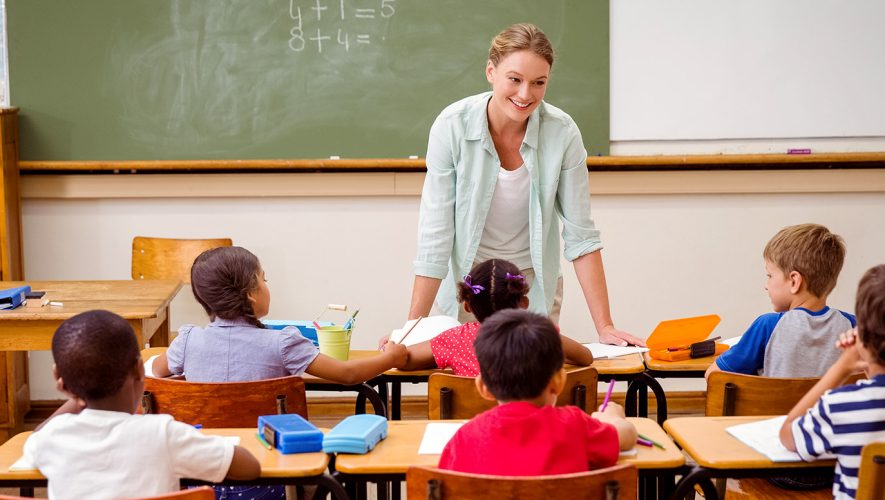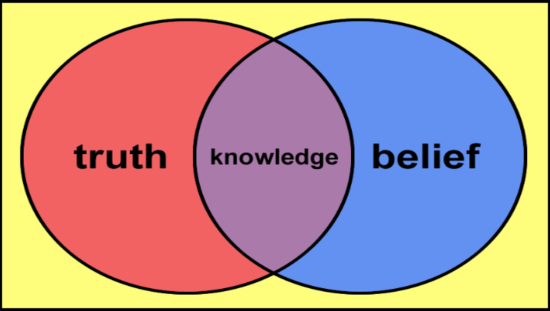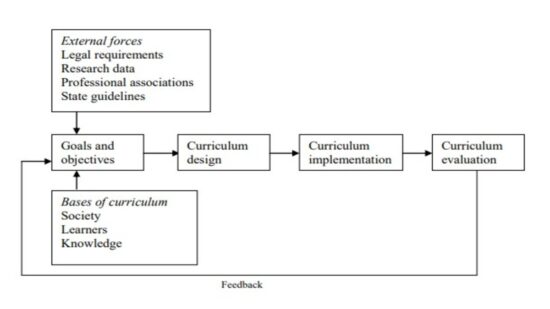Formal education or formal learning usually takes place in the premises of the school, where a person may learn basic, academic, or trade skills. Small children often attend a nursery or kindergarten but often formal education begins in elementary school and continues with secondary school.
Post-secondary education (or higher education) is usually at a college or university which may grant an academic degree. It is associated with a specific or stage and is provided under a certain set of rules and regulations.
The formal education is given by specially qualified teachers they are supposed to be efficient in the art of instruction. It also observes strict discipline. The student and the teacher both are aware of the facts and engage themselves in the process of education.
Examples of formal learning
- Learning in a classroom.
- School grading/certification, college, and university degrees.
- Planned education of different subjects having a proper syllabus acquired by attending the institution.
Key features of formal education
- Formal learning is structured hierarchically.
- It is planned and deliberate.
- Scheduled fees are paid regularly.
- It has a chronological grading system.
- It has a syllabus and subject-oriented. The syllabus has to be covered within a specific time period.
- The child is taught by the teachers.
- It provides a regular interactive environment among students and teacher.
Strengths of formal education
- An organized educational model and up to date course contents.
- Students acquire knowledge from trained and professional teachers.
- Structured and systematic learning process.
- Intermediate and final assessments are ensured to advance students to the next learning phase.
- Institutions are administratively and physically organized.
- Leads to a formally recognized degrees and certificates.
- Easy access to jobs.
Limitations of formal education
- Sometimes, brilliant students are bored due to the long wait for the expiry of the academic session to promote to the next stage
- Chance of bad habits’ adoption may be alarming due to the presence of both good and bad students in the classroom
- Wastage of time as some lazy students may fail to learn properly in spite of motivation by the professional trainers.
- Some unprofessional and non-standard education system may cause the wastage of time and money of the students which leads to the disappointment from formal education and argue them to go for non-formal education.
- Costly and rigid education as compare to other forms of learning.
OTHER RELATED POSTS



